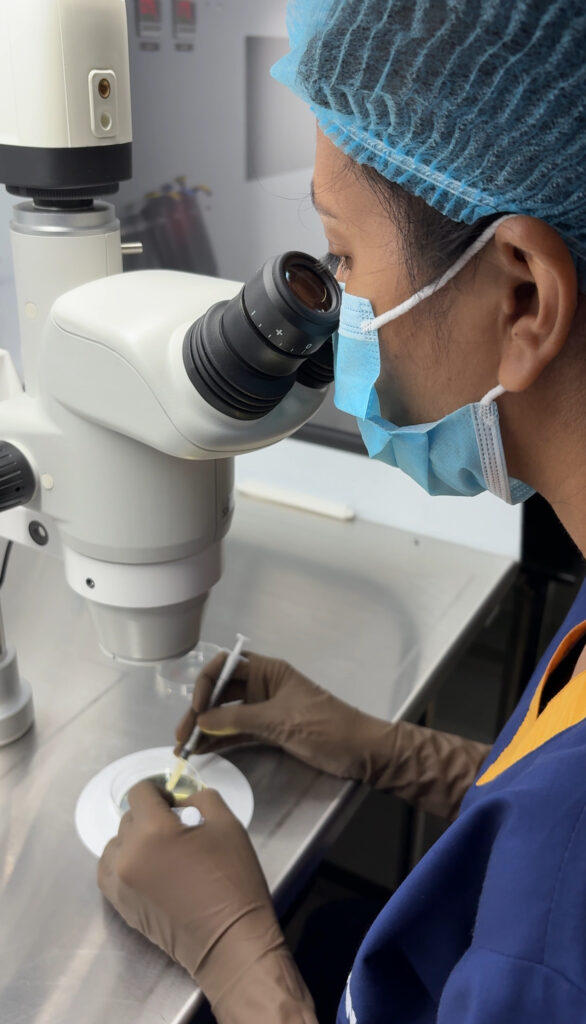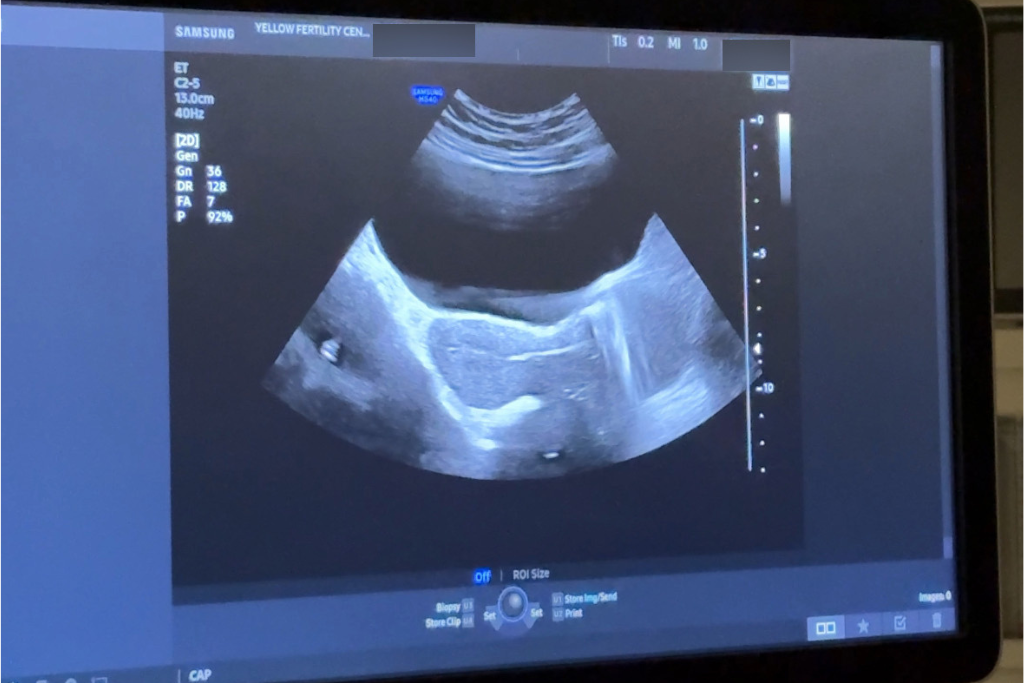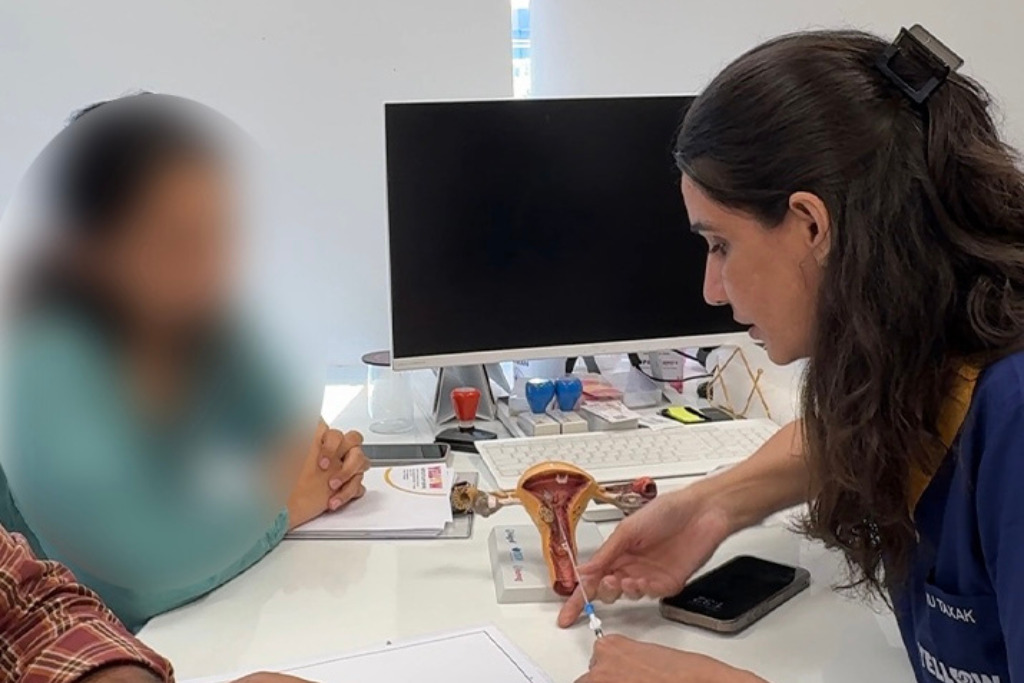Did you just have your embryo transfer, or are you planning to go for it soon?
Firstly, congratulations! With embryo transfer at an IVF centre in Gurgaon or your nearby areas, the waiting clock starts to tick. But to pave the path to a successful pregnancy, you must be aware of what to do (and not to do) during this time.
In the following blog, experts at Yellow IVF shares dos and don’ts after embryo transfer, designed to help you feel informed and supported during this crucial time.
4 Activities to DO After Embryo Transfer
- Pamper Yourself
The most important activity that you can do is to do nothing! Post-transfer, taking proper rest is the key. While you do not have to lie down on your bed 24/7, avoid overexertion. Being the best IVF hospital in Gurgaon, we suggest keeping things low-key during this period.
- Stay Hyderated
Water is your best friend right now. Proper hydration not only boosts blood circulation in your uterus but also regulates hormones. At Yellow IVF, your trusted IVF centre in Gurgaon, we say try taking 2 to 3 litres of water every day, depending on your body and needs. You can add a slice of lemon or cucumber to bring a refreshing twist to your drinking.
- Eat a Nutritious Meal
After getting your embryo transferred, focus on a balanced diet rich in leafy vegetables, whole grains, fresh fruits, and lean proteins. A nutritious diet fuels your body and aids in embryo implantation. Ensure to eat a proportionate meal with leafy veggies, whole grains, and lean proteins. You can take help from the nutritionists at Yellow IVF, the best IVF hospital in Gurgaon, to create a fertility-focused menu.
- Keep Your Mind Positive
A happy mind equals a happy womb. Your journey with Yellow IVF, the leading IVF centre in Gurgaon, is about hope, not worry. You can take short walks, enjoy a good book, and let your body and mind do their magic. Remember, your embryo needs a calm and comfortable environment to settle in.

4 Activities to AVOID After Embryo Transfer
- No More Heavy Lifting
You can save the squats for later. Heavy lifting and high-impact, intense workouts can affect implantation, posing a serious threat to the embryo. Ensure to talk to the fertility experts at Yellow IVF, the best IVF hospitals in Gurgaon, to understand which activities are post-transfer suitable.
- Stay Far From Stress
Stress increases cortisol in our bodies, which can impact fertility. Once you have your embryo transfer, say no to drama, deadlines, and doomscrolling. Instead, try binge-watching your favourite romcoms or a feel-good movie to be happy and keep your embryo healthy.
- Put a Pin in the Passion
Sexual intimacy is a big no-no during this phase. Intercourse can trigger uterine contractions, which you want to avoid after embryo transfer. In worst cases, intercourse can prevent implantation, leading to miscarriages. Try spending more time with yourself and remember, this pause is temporary.
- Say Bye to Puffs and Pours
Smoking and consuming alcohol are strictly off-limits after embryo transfer. They reduce implantation chances and hinder the embryo development process. Think of your body as a baby incubator, and treat it like one. At Yellow IVF, the best IVF hospital in Gurgaon, we always emphasise clean living during this phase.
Final Words
Your embryo transfer is the beginning of something beautiful, something you have been waiting for so long. The above-mentioned dos and don’ts will not only help to instil good habits, but also can make a big difference for your upcoming trimesters. Listen to your body, follow our doctor’s advice, and focus on staying calm and positive. If you are searching for a compassionate, expert-guided fertility journey, Yellow IVF is your go-to IVF centre in Gurgaon.




